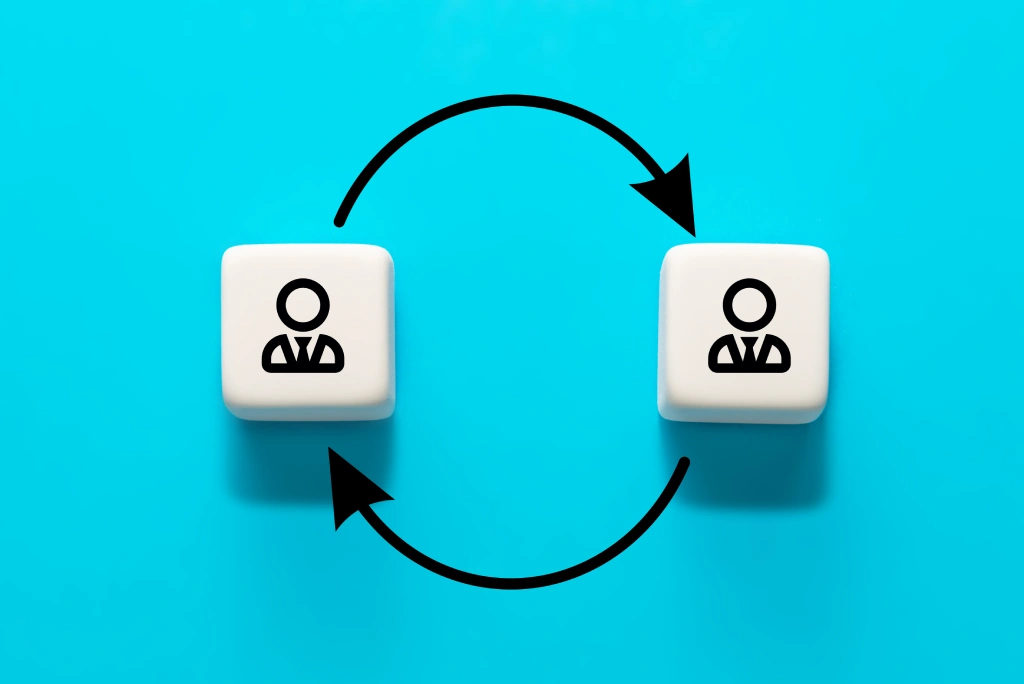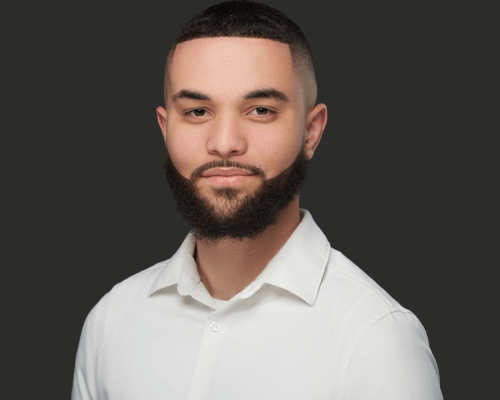When your job changes, so does your health insurance. Whether you are laid off, terminated, or decide to switch companies, your employer-sponsored coverage will end when you stop working for your current employer. The same goes for your life insurance and any other coverages your company paid for.
In this guide, we’ll focus on what happens to your health insurance when you change jobs and how to find coverage after leaving a position.
Health Insurance When You Immediately Change Positions
Transitioning from one job to another without a waiting period can allow you to immediately switch your insurance provider, too. If you like the job-based coverage, you can sign up for it right away.
The actual transitional period between your old employer’s coverage and the new one will vary based on the plans and providers. There are no set regulations, so it can vary by company.
When Does Health Insurance at an Old Job Expire?
After changing companies, your employer-sponsored health insurance ends on the last day of work or on the last day of the month. This will be determined by your employer. If you move from one job to another within a month, you likely won’t even have to worry about a gap in coverage.
When Does Health Insurance Start at My New Job?
Health insurance coverage begins within 90 days after signing up for a new plan. The waiting period varies from one company to another. In some cases, your coverage may start on your first day of employment! In others, you could have to wait up to three months.
Your new employer will let you know when coverage begins, so you can assess any potential coverage gap as needed.
What to Do About Health Insurance Between Jobs
When you lose your job or decide to leave, you have to consider what your health coverage will be like during the time it takes you to find a new job. There are some cases when you can qualify to buy individual or family health insurance right away thanks to a Qualifying Life Event.
Quitting your job, being terminated (for reasons other than gross misconduct), being laid off, or having your hours reduced are all qualifying life events. This means you can reach out to an insurance broker or provider and change insurance providers within the next 60 days.
Health Insurance Options Between Jobs
There are several options to get health insurance after quitting or losing your job. These include:
COBRA
The Consolidated Omnibus Budget Reconciliation Act (COBRA) allows qualifying employees to keep employer-sponsored health insurance for up to 18 months after your last day of work. You have 60 days from that day to apply for benefits. However, COBRA benefits are not free.
You will likely have to pay the full insurance premium and a 2% administration fee. If you’ve lost your job, paying for COBRA out of your own pocket can quickly become expensive, especially since you will no longer have employer contributions to lower the cost.
Short-Term Health Insurance
Short-term coverage can offer you temporary health insurance while you’re between jobs or waiting for your new job coverage to start. You can purchase short-term health insurance for several months but usually no longer than 12 months.
A Marketplace Plan
The Marketplace is where you can find plans through the state and federal government. The Marketplace was made under the Affordable Care Act (“Obamacare”) in 2010. Usually, you can only buy marketplace insurance from November 1st through January 15th, during the Open Enrollment Period. But after a Qualifying Life Event, such as changing jobs, you are eligible to purchase new coverage.
Health Savings Account (HSA)
An HSA is a special type of savings account that you use to pay for medical expenses. Contributions can be tax-deductible. Even if you are no longer covered by employer health insurance, your HSA stays with you. Whether you quit or are terminated, you can continue to use your HSA to pay for healthcare.
Medicaid
If you lose your job and are not able to find employment or afford coverage, you may consider Medicaid. To qualify, you must earn under a certain amount. In Florida, the cut-off point for Medicaid for a 1-person household is $19,392 before taxes in 2023. For a three-person household, the limit is $33,064 in 2023. You can find out more at benefits.gov.
Joining Your Spouse’s Plan
If you’re married, then you may be able to get covered by joining your spouse’s health insurance plan. Since job change/loss is a qualifying event, your spouse will have 31 days from your last day of work to add you to their plan.
Risks of Not Having Health Insurance
Although it may not always seem necessary, health insurance protects your well-being and financial assets. Without it, you can face thousands of dollars in medical bills, or find yourself struggling to access treatment for an illness. It’s always better to be protected, since accidents can happen anytime.
Even if you choose a high-deductible plan with lower rates, you can have greater peace of mind knowing that your medical bills have some coverage.
Choosing the Right Plan
It can be difficult finding the right plan or even wanting to pay for health insurance when you’re in-between jobs. Working with a health insurance broker can make a tremendous difference. They can listen to your needs and make personalized recommendations based on your budget. Connect with a Florida health insurance agent today and learn more.
Frequently Asked Questions
Is there a difference in my insurance options if I am laid off as opposed to quitting?
You will not be eligible for COBRA if you quit your job. This program allows you to keep your employer-sponsored coverage (while paying for the full premium). Besides COBRA, your options include buying new health insurance, using your existing HSA, signing up for Medicaid, or joining a spouse’s health plan.
Does health insurance end the day you quit your job?
It might. Health insurance can either end on your last day of work, at the end of the month, or sometime after depending on your employer’s plan. If you qualify for COBRA, then your job-based coverage could extend up to 60 days after your last day of work.


